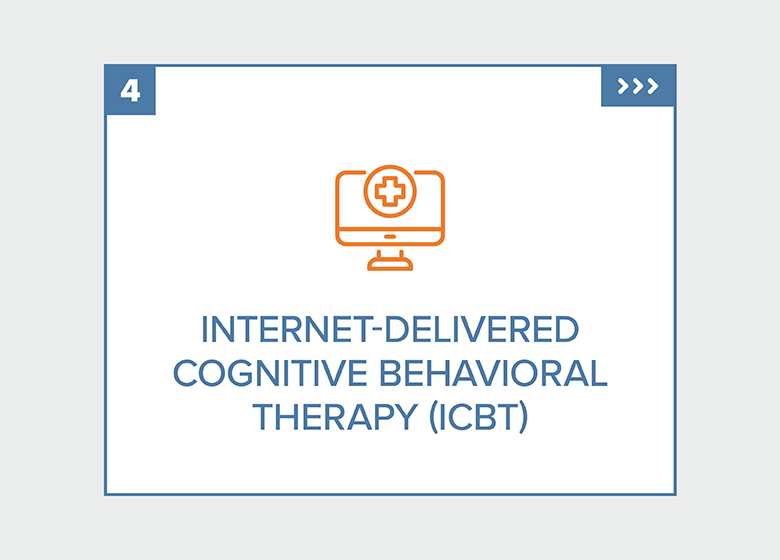Opportunity is Knocking
Many of the respondents indicated they see more opportunity for insurers to support mental health initiatives by improving access to services; enhancing protection coverage for mental health conditions; participating in advocacy, education, and research; and adapting underwriting practices to expand eligibility for mental illness or issues.
Company leaders may also need to ensure that their commitment to mental health coverage filters down to their product development departments. According to the survey, only 40% of respondents in product development roles indicated mental health as a top or moderate priority at their companies, versus 100% of health and wellness program management and strategy roles and 94% of those in claims functions.
Companies have started implementing changes in response to the growing need. About half of survey respondents said they had updated underwriting guidelines during the pandemic in order to increase access to mental health cover, and we noted some improvements in claims management of mental health related cases. However, only 27% actually launched any new mental-health-related products and services in the last two years. Looking ahead, only 23% of respondents indicated plans to enhance existing cover, remove exclusions, and/or develop new products or services in the next two years.
The respondents that did improve offerings did so primarily through the addition of value-added mental health services. Providing access to mental health services is a gap we repeatedly heard that insurers are well positioned to fill. The additional services offered included: expanded or accelerated access to virtual mental health care, provision of internet-delivered cognitive behavioral therapy (iCBT) or behavioral health platforms, and pharmacogenetic testing.
Others added new or additional protection coverage for mental health treatment or conditions, and some enhanced critical illness products with an optional mental health module that incorporates a lump sum payout rider for such diagnoses. Participants also expanded reimbursement for mental health treatments, including broadened eligible practitioner types for counseling benefits, and mental health programs such as iCBT.
Open the Door
The opportunity for insurers to develop new protection products and coverages for mental health conditions is significant and worth pursuing.
To support this pursuit, insurers could strengthen their mental health expertise by adding psychologists, psychiatrists, and mental health nurses/nurse practitioners to their medical staffs. Despite prevalence of mental health conditions and the increasing demand for products and services, only 50% of survey respondents globally reported using a mental health specialist to support the business or initiatives.

















